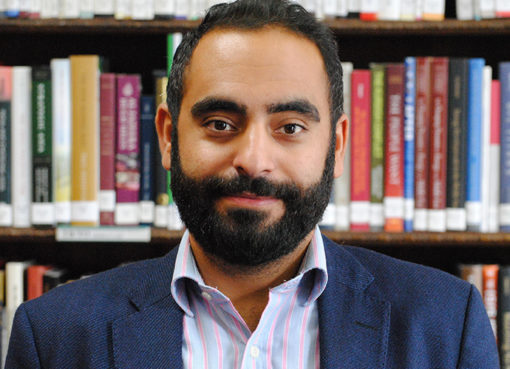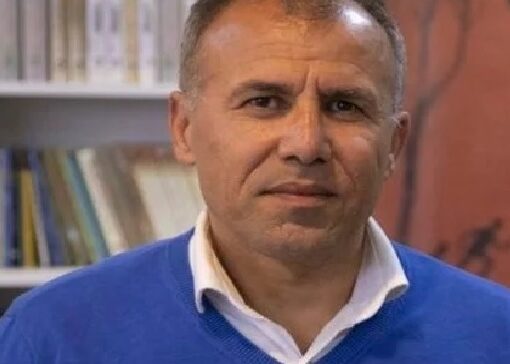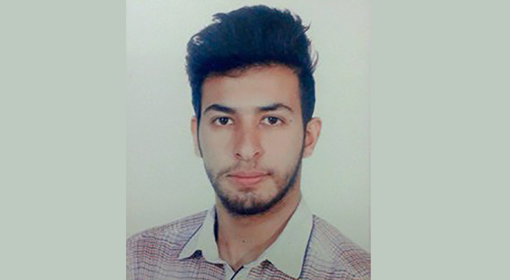- Exterran Corp workers leave after more rocket attacks
- Plan to expand output from Khor Mor gasfield on hold
- Kurdish region heavily dependent on oil and gas revenues
ERBIL, Aug 30 (Reuters) – A series of rocket attacks on a gasfield in northern Iraq has sent the U.S. contractors working on its expansion packing, dealing a blow to the Kurdish region’s hopes of boosting its revenues and offering a small alternative to Russian gas.
The project to expand the Khor Mor field operated by Pearl Consortium, majority-owned by Abu Dhabi’s Dana Gas (DANA.AD) and its affiliate Crescent Petroleum, was suspended at the end of June after three rocket attacks.
Workers from Texan company Exterran Corp (EXTN.N) returned last month to resume work but two more rockets hit the site on July 25, forcing the company to leave again with no return date planned, industry and Kurdish government sources said.
Khor Mor is one of the biggest gasfields in Iraq and the expansion plan aims to double production in a region desperately in need of more gas to generate electricity and end almost daily power blackouts.
There was no serious damage from the attacks and existing operations have not been disrupted but the expansion has been suspended until security in the area is ensured, the sources said.
The expansion project is partly funded through a $250 million financing agreement with the U.S. International Development Finance corporation.
Exterran is the third contractor to demobilise since attacks started targeting the field on June 21, with two Turkish subcontractors, Havatek and Biltek, having already halted work.
Dana Gas declined to comment. Exterran, Havatek and Biltek did not respond to requests for comment.
UNCERTAIN FUTURE
Last year, the Kurdish government signed a contract with domestic energy company KAR Group to build a pipeline from Khor Mor via the regional capital Erbil to the city of Dohuk, close to the Turkish border, running parallel to an existing pipeline. read more
Delays could cost the debt-ridden Kurdistan Regional Government (KRG) a sizeable penalty and will leave Kurdish gas export plans on hold.
If the infrastructure is not ready by a May 2023 take-or-pay deadline, the Kurdish government will have to pay Dana Gas $40 million a month until it is ready, the government source said.
“More than that is the reputational damage because added security threats add another layer of risks that could impact the cost of capital and insurance”, Ali Al-Saffar, Middle East and North Africa programme manager at the International Energy Agency, said.
The KRG did not respond to a request for comment.
Dana Gas has the rights to exploit two of the biggest gas fields in Iraq, Khor Mor and Chemchemal, which produce about 450 million cubic feet of gas a day. It plans to more than double production to up to 1 billion cubic feet per day in the next few years, enough to cover domestic needs.
With 16 trillion cubic feet of proven reserves, output could then potentially ramp up to 1.5 billion cubic feet a day, leaving a sizeable quantity for exports to Turkey and Europe, government and industry sources said.
Dana Gas supplies about 80% of the region’s gas feedstock, according to an industry source.
However, the region’s gas export plan could threaten Iran’s place as a major supplier of gas to Iraq and Turkey at a time when its economy is still reeling from international sanctions.
In March, Iran’s Islamic Revolutionary Guards Corp (IRGC) fired a dozen ballistic missiles at Erbil in an assault, which appeared to target the region’s plans to supply gas to Turkey and Europe, officials have said. read more
While no group has claimed responsibility for the five attacks on Khor Mor since June, Kurdish officials, diplomats, industry sources and energy experts said they believed they were carried out by Iranian-backed militias.
Iran’s foreign ministry did not respond to a request for comment.
However, two diplomats based in Iraq said they believed that rivalry within the Patriotic Union of Kurdistan (PUK), the party that controls the land where the field is located, led one side to retaliate for being excluded from the expansion project.
A PUK official, who spoke on condition of anonymity, dismissed this version of events.
NO MAN’S LAND
The Khor Mor field is close to a no man’s land between the Iraqi army, Kurdish forces and Shi’ite militias, from where the first three rocket attacks were launched.
Because of a lack of agreement over territorial control, there are areas neither the Iraqi army nor Kurdish forces can enter, leaving a security vacuum where militias are active.
But the last two attacks with larger rockets came from areas closer to the city of Kirkuk, which lies under the control of the federal government.
“Khor Mor has a lot of potential and can help the Kurds,” said a Kurdish official. “We get attacked from all sides. The future is very uncertain.”
The setback to the gas plan comes at a time when the oil sector, the region’s financial lifeline, is also in trouble.
Oil reserves are getting depleted at more than double the global average and a Federal Supreme Court ruling in February that deemed the legal foundations of the Kurdistan region’s oil and gas sector to be unconstitutional, forced some foreign oil companies to leave. read more
Exterran has halted work for security reasons, rather than the ruling, industry and government sources said.
Further delays in investment in the sector will weigh heavily on the KRG, which faces an economic crisis in a region already struggling within an unstable Iraq.
KRG’s debt currently stands at about $38 billion, according to a government official, and parliamentarian Karwan Gaznay, who is a member of the region’s oil and gas committee, said oil exports accounted for 85% of Iraqi Kurdistan’s budget.
Delayed payment of public sector salaries, poor public services and corruption have fuelled often violent protests over the past two years against the political parties that run the region.
Widespread economic hardship among young Kurds was also one of the main factors behind the migrant crisis on the Belarus-European Union border that began in 2021.
($1 = 1,458 Iraqi Dinars)
Reporting by Amina Ismail in Erbil and Maha El Dahan in Dubai; Editing by David Clarke
Source: Reuters, August 31, 2022








Comment here